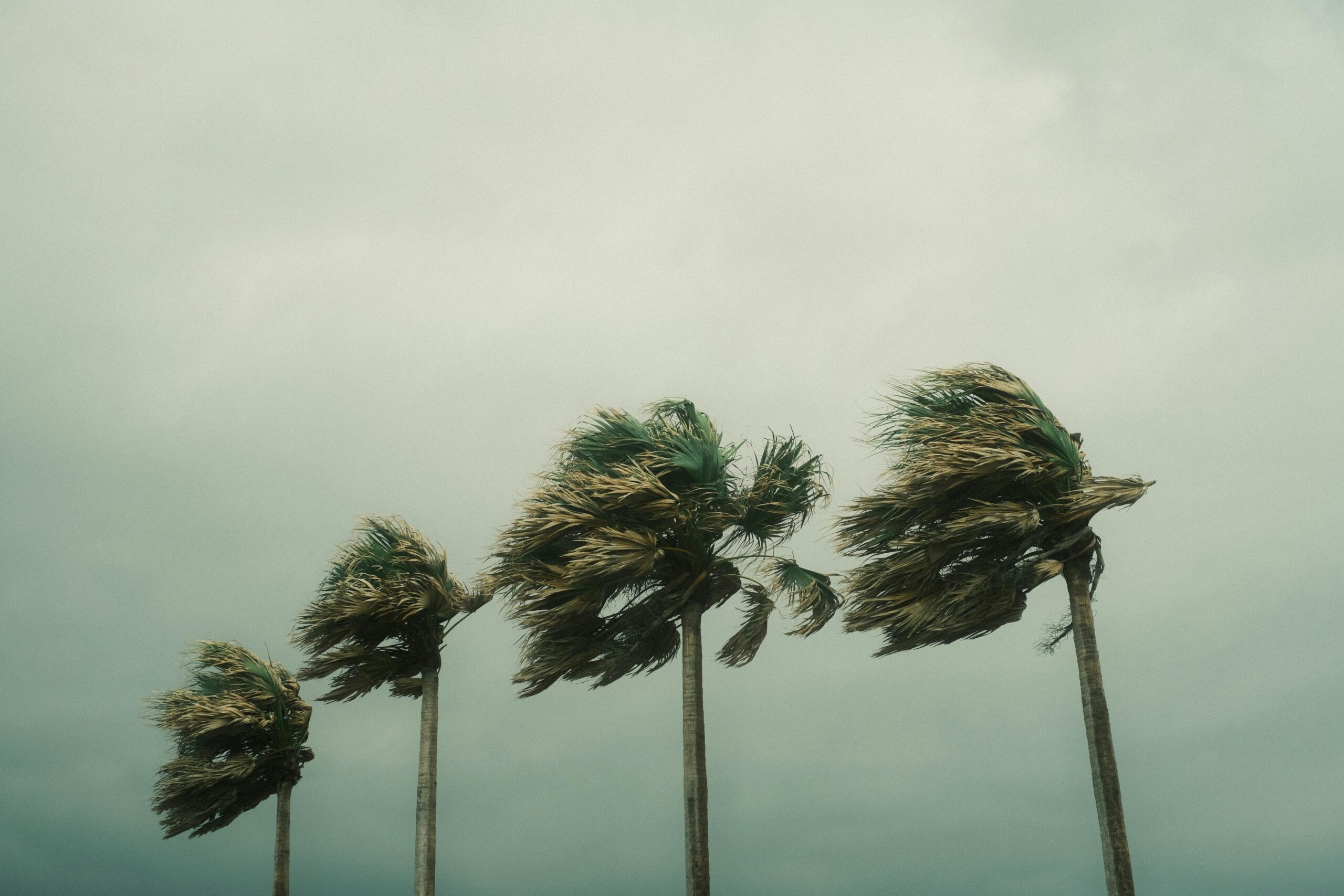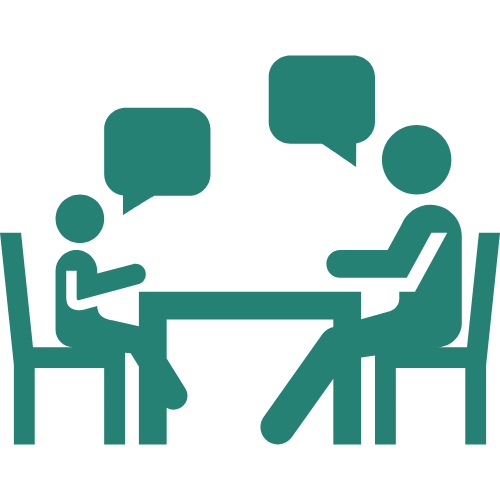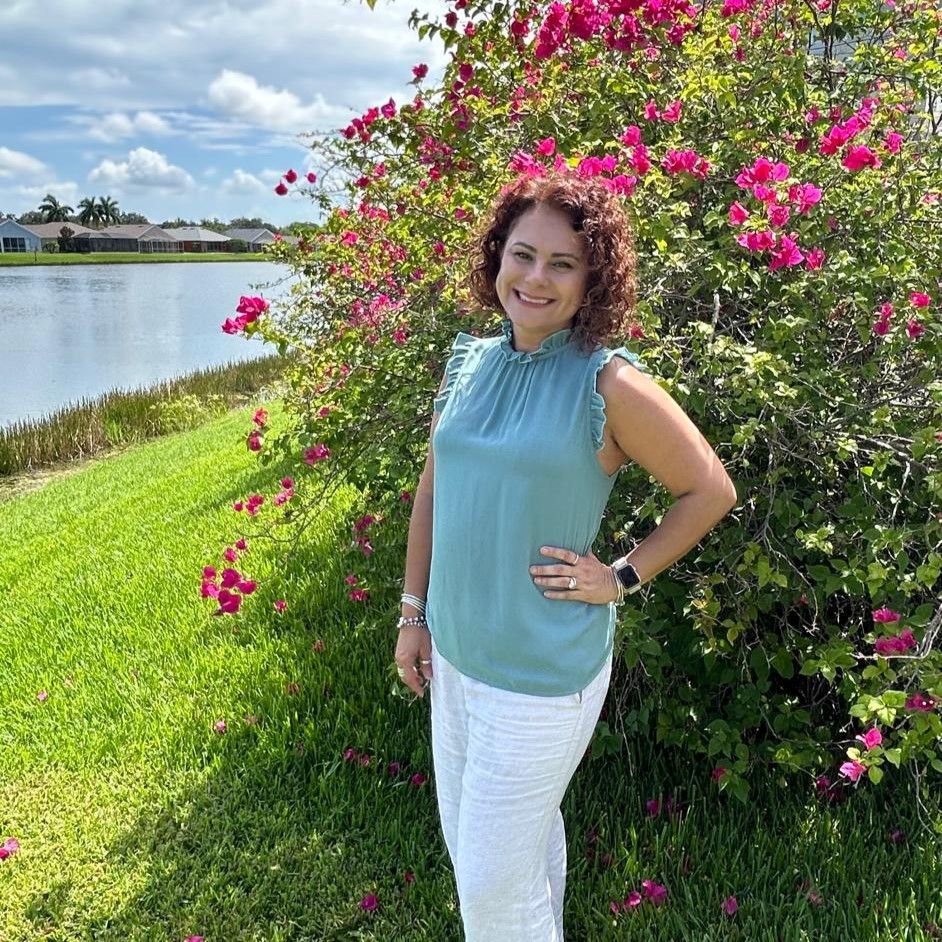Parenting and Prevention
How to Prepare and Help Your Children Emotionally for Florida’s Hurricane Season
By: Marise Vergara
 Have you ever felt worried knowing that hurricane season is coming? Have you wondered how to help your children handle their fear, stress, and nervousness related to hurricanes? You are not alone, like you, there are many parents who are faced with this situation every year.
Have you ever felt worried knowing that hurricane season is coming? Have you wondered how to help your children handle their fear, stress, and nervousness related to hurricanes? You are not alone, like you, there are many parents who are faced with this situation every year.
Preparing for Florida’s hurricane season involves several key steps to ensure the safety of yourself, your family, and your property.
- Stay Informed:
- Monitor weather forecasts regularly.
- Sign up for alerts from local emergency management agencies and the National Weather Service.
- Keep a battery-powered radio.
- Create a Hurricane Preparedness Plan:
- Develop a family emergency plan that includes evacuation routes, emergency contacts, meeting points, and plans for pets.
- Determine if you live in an evacuation zone and know your evacuation routes.
- Identify safe locations within your home where you can take shelter during the storm.
- Prepare an Emergency Kit:
- Stock up on non-perishable food items, bottled water, and a manual can opener.
- Have a first aid kit, prescription medications, and personal hygiene items.
- Include flashlights, batteries, a portable phone charger, and a multi-tool in your kit.
- Keep important documents in a waterproof container, including insurance policies, identification, and medical records.
- Stay Safe During the Storm:
- Stay indoors during the hurricane and away from windows and glass doors.
- Avoid using candles for lighting to reduce the risk of fire. Use flashlights instead.
- If flooding occurs, move to higher ground, and never walk or drive through flooded areas.
Once you have finalized your family’s preparedness plan, set aside time to prepare to emotionally support your child.

Here is how to do this effectively:
Understanding Their Feelings: It is important to recognize that it’s natural to feel scared of a threat like a hurricane. Children, being more vulnerable and dependent, can be more affected by fear and uncertainty. It’s vital to validate their feelings and let them know that it’s okay to be scared, but there are ways to manage this emotion.
Communication is key. Explain to your children what a hurricane is and why it happens, tailoring the information to their age. Use simple language and avoid details that may unnecessarily frighten them. Allow room for them to ask questions and express their concerns, and make sure to answer with honesty and patience.
Educating on Preparedness: Involve your kids in the preparations. This can help them feel more in control and part of the process. They can assist in preparing the emergency kit or planning evacuation routes. Conducting evacuation drills at home can also be an effective way to prepare them, showing that there is a plan to keep them safe.
Confronting Fear with Knowledge: Knowledge is power. Learning about hurricanes can help children feel more secure. There are books and online resources that can assist in understanding what to expect. Ensure that this learning is a positive and empowering activity.
Maintaining Routines: Keeping daily routines as much as possible before and after a hurricane can provide a sense of normalcy and safety. This includes mealtimes, sleep schedules, and play or study time.
Emotional Support: After a hurricane, it’s crucial to be attentive to your children’s emotional health. Some may show signs of stress or anxiety. Listen to them, hold them, and reassure them that they are safe. If necessary, seek professional support.
Being a Role Model: Children often mimic how their parents react to stressful situations. Maintaining calm and showing a positive attitude in the face of adversity is a powerful lesson for them.
Calming Activities: Having calming activities planned can help alleviate stress. This can include board games, reading together, or doing breathing exercises.
Encouraging Empathy and Altruism: The hurricane season can also be an opportunity to teach values like empathy and altruism. Participating in community aid activities after a hurricane can be a valuable learning experience.
Hurricane season can be a time of anxiety and fear, especially for children. Preparing our children isn’t just about having supplies and an emergency plan ready; it’s also about preparing them emotionally to face these situations. By addressing their fears, educating them about the phenomenon, and maintaining a positive attitude and a supportive environment, we can help them face these situations with more confidence and resilience. The key is effective communication, a proactive approach, and a good dose of love and patience.

Marise Vergara, a Parenting Educator at Parenting Matters for over a decade, holds a Bachelor of Arts degree and has advanced studies in Human Resources. Originally from Puerto Rico, she previously supported students in the ESOL Program at an elementary school. Marise is passionate about guiding families in healthy child-rearing practices, finding great satisfaction in witnessing positive changes and smiles from parents and children. Outside of work, she loves animals, especially dogs, and enjoys outdoor activities like camping, biking, and kayaking with her husband and children. Known for her responsibility, empathy, and respect for all life, Marise is committed to improving the lives of the families she serves with compassion and dedication.
